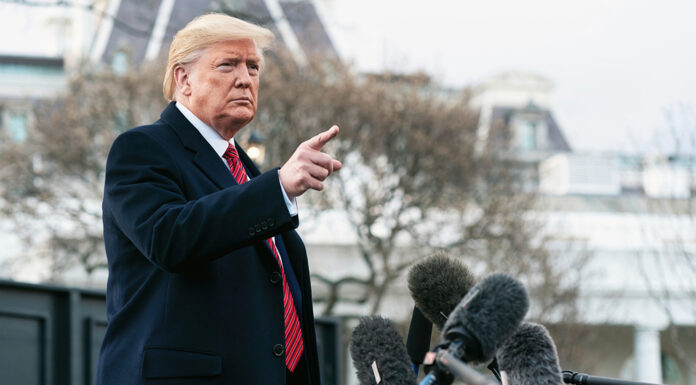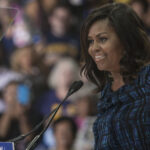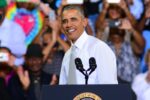President Donald Trump will not attend the annual White House Correspondents’ Association dinner scheduled for later this month, a White House official confirmed. The decision continues Trump’s practice of snubbing the event, which he refused to attend during his first term in office.
The president’s absence comes amid heightened tensions between the administration and the White House press corps, with recent actions by the White House sparking concerns about press freedom and access. In February, the Trump administration took over coordination of the press corps’ rotating pool of reporters, ending decades of precedent where the White House Correspondents’ Association (WHCA) managed these assignments.
White House press secretary Karoline Leavitt has also indicated she will not attend the dinner, according to Deseret News. The annual event, traditionally a night for journalists and government officials to mingle in a less formal setting, has become increasingly contentious during Trump’s presidency.
The WHCA dinner faced another controversy when the association recently canceled the scheduled appearance of comedian Amber Ruffin. The decision came after criticism from White House Deputy Chief of Staff Taylor Budowich, who described Ruffin as a “second-rate comedian” and criticized her previous comments about the administration.
WHCA president Eugene Daniels explained the decision to cancel the comedic portion of the program, saying, “We want to ensure the focus is not on the politics of division.” Daniels added that the association preferred to concentrate on recognizing journalists’ work and supporting scholarships for the next generation of reporters.
Comedian Michelle Wolf, who delivered a controversial performance at the 2018 dinner, criticized the WHCA’s decision. Wolf suggested that the association was more concerned with maintaining White House access than allowing comedians to speak truthfully about journalism’s shortcomings.
Beyond the dinner controversy, the Trump administration has taken several actions that have alarmed press freedom advocates. In recent months, the White House has barred Associated Press reporters from accessing pooled events and press conferences. This restriction followed the AP’s refusal to adopt Trump’s preferred terminology of “Gulf of America” instead of the internationally recognized “Gulf of Mexico.”
The AP filed a lawsuit challenging these restrictions, and a federal judge ruled that the White House’s exclusion of the news agency violated the First Amendment. Despite this ruling, the administration continued to limit AP’s access, prompting the wire service to accuse the White House of defying the court order.
As of April 18, 2025, the AP has not been fully reinstated to the White House press pool. A hearing was held on April 17, during which the appeals court expressed skepticism about the administration’s arguments but has not yet issued a ruling.
While AP reporters have been allowed into some events, such as an East Room gathering on April 15, they continue to be barred from others, including certain Oval Office events. The situation remains fluid as the legal proceedings continue.
In an apparent response to the court ruling, the White House announced changes to the press pool structure this week. The new guidelines eliminate the dedicated position for wire services like the AP, Reuters, and Bloomberg, instead forcing these organizations to compete for two general print media slots alongside numerous other outlets. This change significantly reduces their regular access to the president.
The WHCA has strongly criticized these changes, stating, “The government should not be able to control the independent media that covers it.” The association emphasized that wire services play a crucial role in White House coverage, as they provide nonpartisan reporting that many local news outlets across the country rely on, since these smaller organizations typically cannot afford to maintain their own Washington correspondents.
Media experts view the administration’s actions as part of a broader strategy to limit scrutiny and favor outlets that provide more favorable coverage. These moves represent a “power grab against the institution of modern journalism” and continue the administration’s efforts to sideline mainstream media.
The White House has defended its actions by stating that the new guidelines ensure outlets will be eligible for the pool regardless of their editorial viewpoints. However, critics argue that by removing the established structure that guaranteed access for wire services, the administration gains greater control over which journalists can question the president.
While the WHCA has offered to discuss accommodating more diverse media outlets in the press pool, the administration appears intent on implementing its own system. This ongoing dispute reflects the increasingly strained relationship between the White House and the press corps tasked with covering it, a tension that will be highlighted by the empty chair at the president’s table during this month’s correspondents’ dinner.








